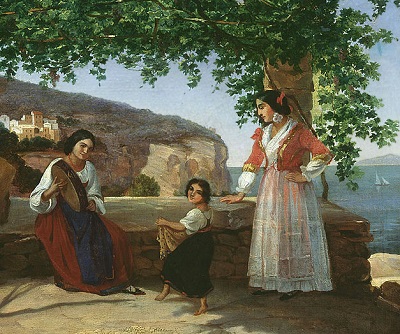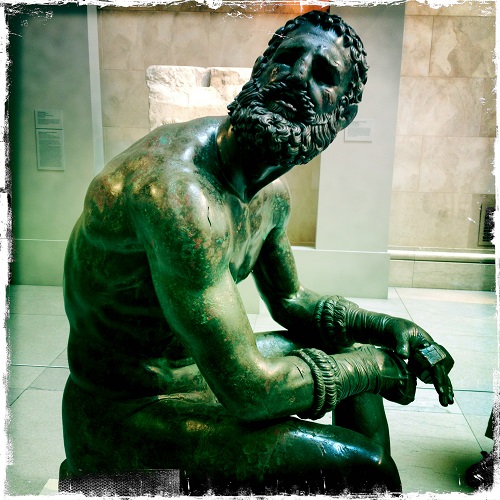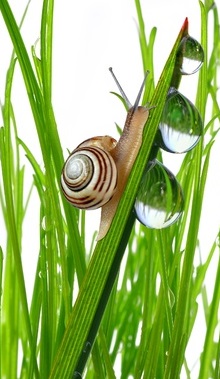 In Italia la vecchiaia è ancora percepita come qualcosa di prezioso. La vecchiaia porta esperienza e porta una “bellezza particolare”. Ultimamente, la moda e la chirurgia estetica spingono molte persone a nascondere la propria età. Tuttavia, lo spirito italiano tende ancora ad avere grande rispetto per ciò che ha un passato, una storia ed una lunga esperienza di vita.
In Italia la vecchiaia è ancora percepita come qualcosa di prezioso. La vecchiaia porta esperienza e porta una “bellezza particolare”. Ultimamente, la moda e la chirurgia estetica spingono molte persone a nascondere la propria età. Tuttavia, lo spirito italiano tende ancora ad avere grande rispetto per ciò che ha un passato, una storia ed una lunga esperienza di vita.
La famosissima attrice Anna Magnani, sul set intimava al suo truccatore: “Le rughe non coprirle che ci ho messo una vita a farmele venire!”
E a te piacciono le rughe?
In Italy old age is still perceived as something precious. Old age brings experience and a “particular beauty”. Lately, fashion and plastic surgery have been urging people to hide their age. However, the Italian spirit tends to have a great respect for everything that has a past, a history and a long experience of life.
The world-famous actress Anna Magnani used to say to her make-up artist: “Don’t cover my wrinkles, it took me a lifetime to get them!”
And you? Do you like wrinkles?
To practice Italian this week we invite you to watch and test…
PRACTICE HERE: Italian/English Version
Para practicar el idioma italiano esta semana te invitamos a mirar y testar…
PRACTICA AQUÍ: Versión Italiano/Española
Picture from the movie Mamma Roma
 Imparare a memoria è uno degli scogli più “terrificanti” nello studio delle lingue: verbi, parole e strutture da memorizzare.
Imparare a memoria è uno degli scogli più “terrificanti” nello studio delle lingue: verbi, parole e strutture da memorizzare.
 L’equilibrio è uno stato facile da perdere ma anche facile da ritrovare quando si sa come farlo.
L’equilibrio è uno stato facile da perdere ma anche facile da ritrovare quando si sa come farlo.

 La lingua italiana usa il pronome femminile “Lei” per esprimere un approccio formale, sia che si parli ad una donna sia che si parli ad un uomo.
La lingua italiana usa il pronome femminile “Lei” per esprimere un approccio formale, sia che si parli ad una donna sia che si parli ad un uomo. Dicono che la moda italiana sia speciale per l’attenzione ai dettagli, al disegno delle stoffe e alla qualità dei materiali. E gli italiani amano vestirsi bene per “fare bella figura”.
Dicono che la moda italiana sia speciale per l’attenzione ai dettagli, al disegno delle stoffe e alla qualità dei materiali. E gli italiani amano vestirsi bene per “fare bella figura”.

 I proverbi fanno parte della saggezza profonda di un popolo.
I proverbi fanno parte della saggezza profonda di un popolo. In Italia la vecchiaia è ancora percepita come qualcosa di prezioso. La vecchiaia porta esperienza e porta una “bellezza particolare”. Ultimamente, la moda e la chirurgia estetica spingono molte persone a nascondere la propria età. Tuttavia, lo spirito italiano tende ancora ad avere grande rispetto per ciò che ha un passato, una storia ed una lunga esperienza di vita.
In Italia la vecchiaia è ancora percepita come qualcosa di prezioso. La vecchiaia porta esperienza e porta una “bellezza particolare”. Ultimamente, la moda e la chirurgia estetica spingono molte persone a nascondere la propria età. Tuttavia, lo spirito italiano tende ancora ad avere grande rispetto per ciò che ha un passato, una storia ed una lunga esperienza di vita.